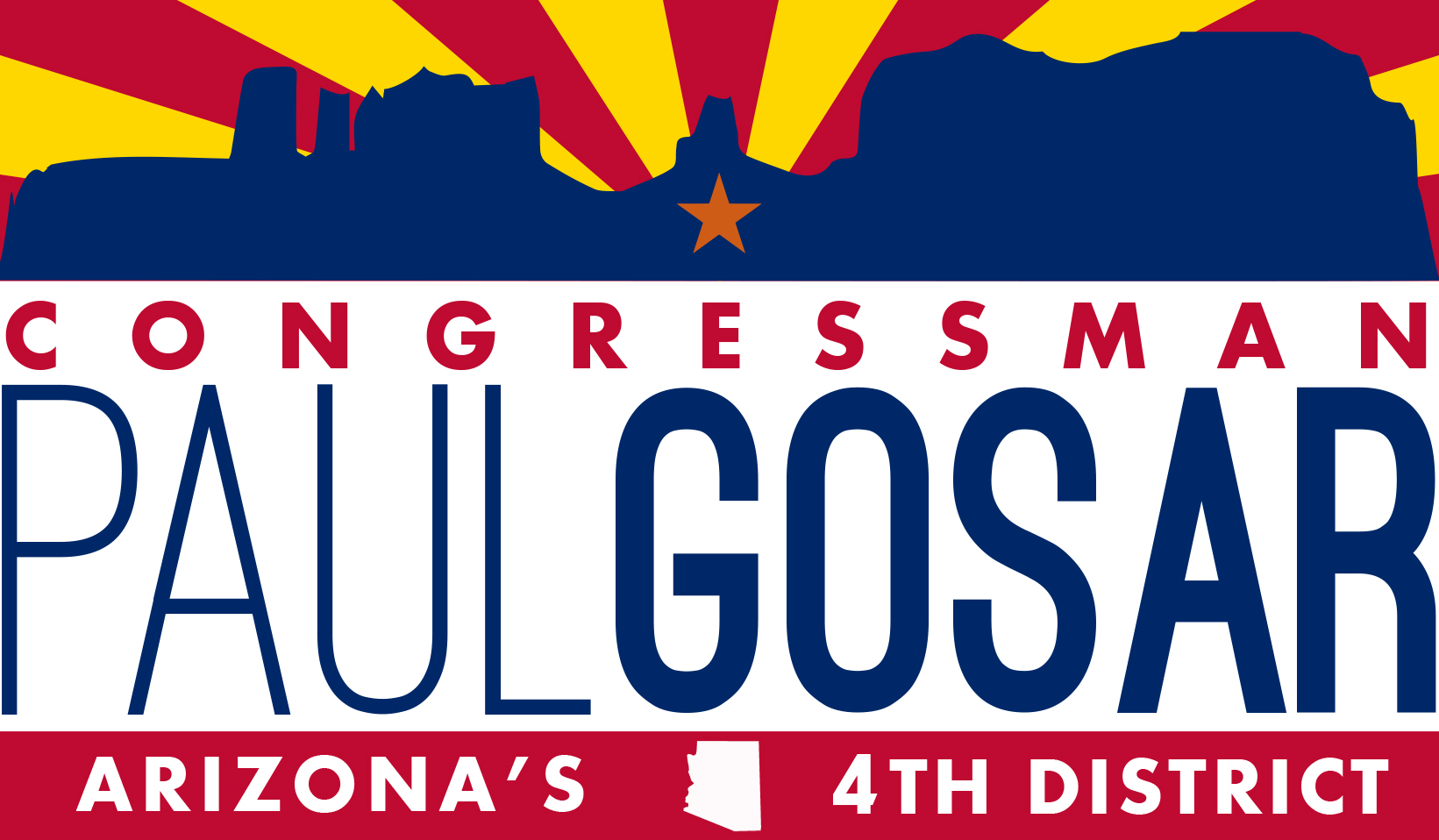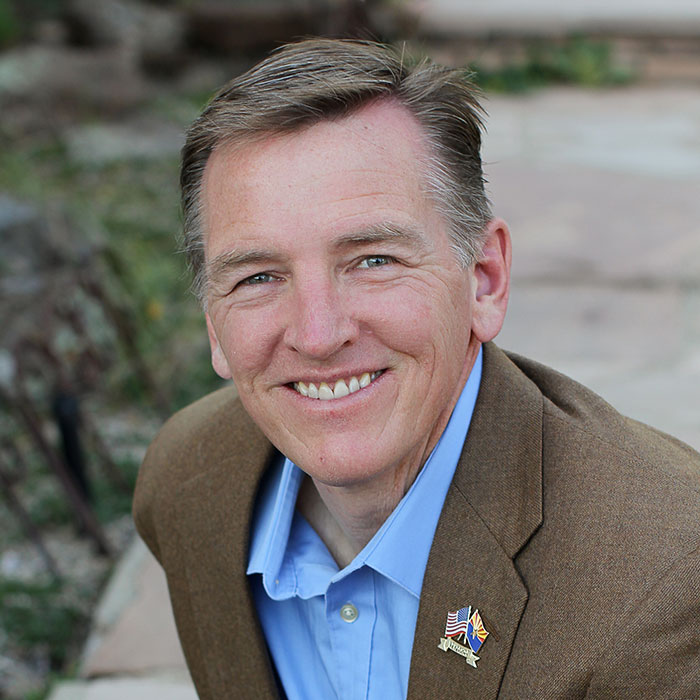|
Today, Congressman Paul A. Gosar, D.D.S. (AZ-04) released the following statement after the House Committee on Appropriations Military Construction and Veterans Affairs Subcommittee passed the Congressman’s language request that seeks to ensure veterans receive immediate assistance from a trained professional when calling the Veterans Crisis Line:
“There is no reason our nation’s heroes should not receive immediate assistance from a trained professional when they are having a mental health crisis and call a suicide hotline. I’m extremely pleased to see the House Appropriations Subcommittee adopt my bipartisan provision and take action to remedy this injustice.”
Background:
The full text of Congressman’s original appropriation’s language request to ensure the Veterans Crisis Line provides immediate assistance can be found HERE.
The Gosar authored provision is Section. 235 and is currently found on page 60 of the FY 2017 Military Construction and Veterans Affairs Appropriations bill. To view the text of the bill that passed the Subcommittee today click HERE. To read the summary of the bill click HERE.
In 2007, H.R. 327, the Joshua Omvig Veterans Suicide Prevent Act, required the Secretary of Veterans Affairs to establish and implement a fully inclusive program designed to diminish the incidence of suicide among veterans, specifically authorizing the development of a toll-free hotline staffed by trained professionals. The Veteran Crisis line was established in 2007 as a result. According to its website, “The Veteran Crisis Line has answered nearly 2 million calls and initiated the dispatch of emergency services to callers in crisis over 53,000 times.” Veterans Crisis Line staff has also responded to more than 44,000 texts and participated in more than 240,000 chats. This resource has proven to be an invaluable tool for protecting the well-being of our nation’s heroes.
On February 11, 2016, the Department of Veterans Affairs Office of Inspector General (IG) released Report No. 14-03540-123, an investigation into concerns raised about the Veterans Crisis Line. That report produced some troubling findings including “that some calls routed to crisis backup centers went into a voicemail system and that the Veterans Crisis Line and backup center staff did not always offer immediate assistance to callers…These incidents involved responders allegedly ending calls without providing assistance, inappropriately transferring calls, and telling callers to contact another organization…In addition, [the IG] found that callers could be placed on hold in a backup center queue or be passed through several backup centers for an unknown period of time, which could account for the perception that the calls were not answered.”
The Veterans Crisis Line website clearly states, “When you call the Veterans Crisis Line, use the online chat, or send a text message, you will receive direct, immediate support from a trained VA responder.” Inclusion of the language contained in this programmatic request will ensure that promise is honored.
Bipartisan signers of the Gosar Veterans Crisis Line appropriation’s language request include (32): Paul Gosar*, Dina Titus*, Brian Babin, Lois Capps, Matt Cartwright, David Cicilline, Curt Clawson, Peter DeFazio, John Delaney, Mark DeSauliner, Ted Deutch, Debbie Dingell, Keith Ellison, Chris Gibson, Mike Honda, Walter Jones, Robin Kelly, Ron Kind, Doug Lamborn, Leonard Lance, Sheila Jackson Lee, Tom Marino, Thomas Massie, Pete Olson, Beto O’Rourke, Chellie Pingree, Mark Pocan, Loretta Sanchez, Niki Tsongas, Marc Veasey, Frederica Wilson and Lee Zeldin.
###

|

